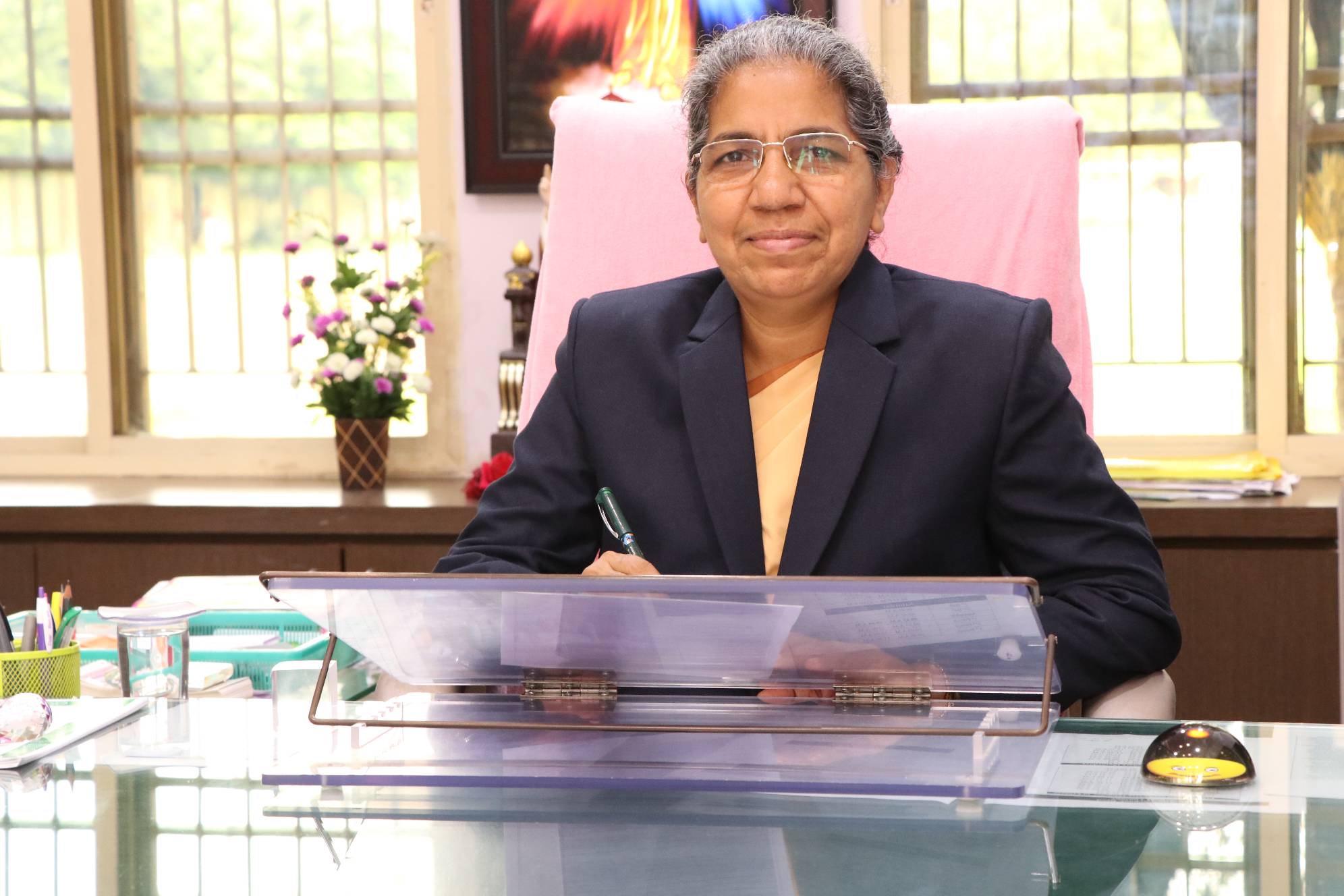SCHOOL HISTORY
OUR PATRONESS

St. Ann’s School (ICSE), Beed, (co-education) is a Roman Catholic Minority Institution established by the sisters of St. Ann of 13th June 1994.
- The society of Sisters of St. Ann Luzern (SAL), founded by Rector. Fr. Wilhelm Meyer at Luzern, Switzerland in the year 1909.
- Sharing the Vision and Charism of its founder, the members have taken up Education Ministry since 1940 according to the need of the time.
- The school prepare the students for the Indian Certificate of Secondary Education Examination, New Delhi, through English Medium.
OUR FOUNDER

REV. FR. WILHELM MEYER
Founder of the Society of the Sister of St. Ann, Luzern
Born: 12.09.1870 in Schoetz, Luzern, Switzerland
Died: 08.02.1912 in Luzern
Father Wilhelm Meyer was born on September 12, 1870 in thevillageSchoetz, in the picturesque district of Luzern. He grew up in a large family with twelve brothers and sisters in a farmhouse, in a true Christian atmosphere. As a young boy his ambition was to become an architect, and so he took interest in everything that might be useful for his future career.But the parish priest Fr. Roos, who knew the boy well, diverted his aspirations to a different channel. "You should become a priest", he wastold. This seed took deep root in him. With his piety, intelligence, talents and his strong will power, he overcame all obstacles and reached this sublimegoal. On July 18, 1897, he was ordained a priest by Bishop Leonard Hass and became God's Architect, working to build the Kingdom of God. He was first appointed as an assistant Parish priest in the village of Hitzkirch. Here he came in contact with the poor and suffering, through his visits to the Home for the Aged. His sympathy and understanding for these old people, urged him to direct his future work towards the plight of the poor and the suffering. Soon he was appointed Vice Rector of the seminary inLuzern. In the seminary as professor of Theology and as Vice Rector, he did not limit his activities to its four walls; he kept alive his interest in all who were in burden and difficulty. Often the intellect of Fr. Meyer had been praised. Surely he possessed this, but more significant was the compassionate heart he had for the people. His compassionate heart sensed the need of a mother at the time of childbirth. He recognized that there was an urgent need for trained and dedicated personnel, to care for the expectant mothers and their families especially during childbirth. Inthose days, strict rules about cloistered lives, had forbidden the religious congregations, from doing such work






